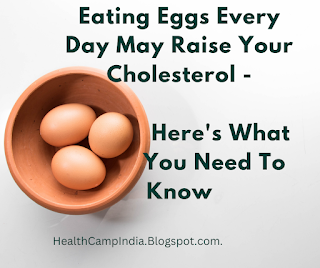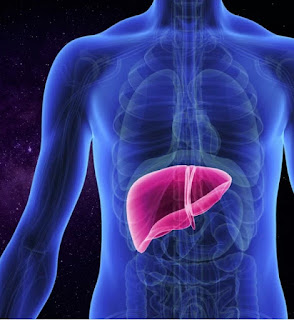Eating eggs every day can potentially lead to some health problems if consumed in excess. While eggs are a highly nutritious food full of protein, vitamins and minerals, moderation is key.
Here are some potential downsides of eating too many eggs daily that you should be aware of:
Cholesterol - Eggs are high in dietary cholesterol, containing about 185mg per large egg. For healthy individuals, eating an egg a day is unlikely to significantly impact blood cholesterol levels. However, people with diabetes, heart disease or high cholesterol may want to limit egg intake to 3-4 per week, as excess cholesterol is associated with increased risk of heart disease.
Biotin deficiency - The protein avidin in egg whites can bind to the vitamin biotin and prevent its absorption. Consuming too many egg whites may potentially lead to biotin deficiency over time, resulting in symptoms like hair loss, rash and fatigue. Having some egg yolk, which contains biotin, can offset this effect.
Saturated fat - While eggs contain beneficial unsaturated fats, the saturated fat content can add up when consuming multiple eggs every day, especially if cooked with added oils/butter. Saturated fats may raise LDL ("bad") cholesterol. Limiting egg yolks and preparing them without adding extra fats can help.
Allergic reaction - Egg allergy is one of the most common food allergies, especially in children. Reactions can range from mild skin rash to life-threatening anaphylaxis. Strict avoidance is the only way to prevent reactions in those with an egg allergy.
Digestive issues - Some people may experience bloating, gas or other temporary digestive discomfort when eating eggs, especially in large amounts. Sensitivity varies individually.
Bacterial contamination - Raw or undercooked eggs pose a higher risk of salmonella and other foodborne illness.
Cook eggs thoroughly until whites and yolks are firm to prevent this. Avoid raw egg consumption if you have a weaker immune system
So, here the key is moderation. For most healthy people, eating an egg or two per day as part of a balanced diet is perfectly fine and provides beneficial nutrition.
But regularly exceeding recommended cholesterol limits or experiencing negative symptoms means you may need to cut back.
Be cautious of potential risks if you have specific health conditions. As with any food, pay attention to your individual tolerance level.
See you in next post, take care of your health......stay healthy and wealthy too :-)








